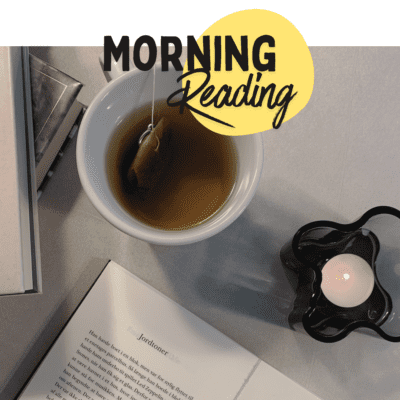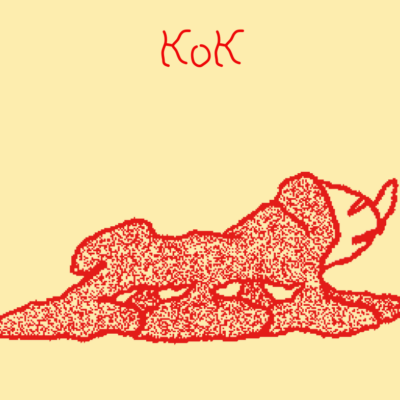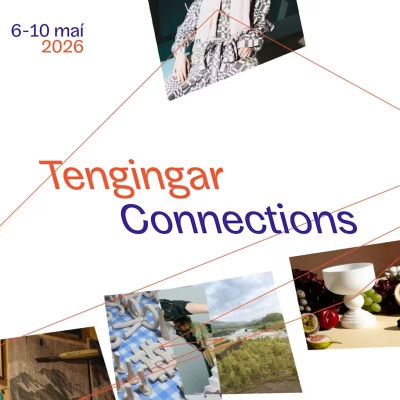
Like Sex & Chocolate? Culture, Democracy & the Death of the Arts
16:00 - 18:00
People working in the cultural sector tell stories. They tell each other stories, they tell themselves stories, and they tell their citizens stories. Indeed, our institutions, structures and policies are based on stories – Lyotardian ‘grand narratives’ – that inform thought, belief and action. The defining crisis of cultural policy has resulted from attempts to combine, articulate and actualise elements of one story in particular – the story of democracy and culture. There is an implicit theoretical relationship between public cultural subsidy and the broadening or democratising of access. Yet consumption of subsidised arts and culture remains heavily socially stratified, and there are significant issues across race, class and gender in the mechanisms of exclusion from cultural occupations. Whilst, as Hadley and Belfiore (2018, 218) note, ‘It is the vanity of every age to consider itself in crisis’, there remains a serious question as to whether the policy model of ‘the democratisation of culture’ has failed.
The democratisation of culture refers to processes where the ‘official’ culture, typically represented by large and well-funded arts institutions, is made accessible to non-participating communities, often in the belief that it will ‘do them good’. Embedded within this model are vocational occupations – such as those in the arts – that are attractive not so much for their material rewards as for the prestige and ‘psychic income’ (Menger, 1999) they confer. Articulating how art and culture can be realigned with a transformative politics of social value would require the development of new models of culture value which move away from econometrics focussed on outputs and production, and significant (r)evolution in the way in which we understand ‘creativity’ as an element of the civic and social sphere.
Steven Hadley is an award-winning cultural policy scholar based at Trinity College Dublin. His research asks how audiences are constructed and articulated within the context of enabling democratic access to culture. He is the author of Audience Development and Cultural Policy (2021) as well as numerous academic publications and is Editor of several Routledge books including Cultural Leadership in Practice and Audience Data and Research. He sits on the Steering Committee of the Cultural Research Network, the Editorial Board of Arts and the Market and is Policy & Reviews Editor for Cultural Trends. He has given invited talks at the National Portrait Gallery, London, the European Parliament in Brussels, the Ministries of Culture in both Paris and Santiago de Chile, and on numerous global media platforms. Steven has worked in over thirty countries internationally and is an Associate Consultant with Counterculture (UK), The Audience Agency (UK) and the Danish Centre for Arts & Interculture (Denmark).
Gitte Grönfeld Wille has since January 2023 been director Nordic Culture Point in Finland, responsible for the Nordic Council of Ministers grant-office for arts, culture, and civil society and the Nordic Library in Helsinki. From 2012 -2022 Gitte was head of regional department for culture, Regional Government of Skane, Sweden. Responsible for policy making and policy management. From 2007 – 2012 civil servant in Region Zealand, Denmark, head of unit for culture and experience economy. Since the middle of the 1990’s Gitte has been working with the cultural sector in many different positions; producing and promoting culture, investing in artistic and cultural experiences that enrich people’s lives. Gitte is trained as a theatre-dramaturg and has a master’s degree in cultural policy from University of Aarhus. She has worked as a festival-producer, project manager and civil servant. Key-competences are cultural policymaking, formulate new policies and policy management working with public elected politicians, monitoring policy developments and trends with the aim of recommendations on a political level. Gitte is born (1967) and raised on the island of Bornholm in Denmark. Lives in Helsinki on the island of Suomenlinna.
Sabina Westerholmis the director of the Nordic House in Reykjavík. She was previously the director of Stiftelsen Pro Artibus, which aims to support art in areas of Finland where Swedish is spoken. She has tried to reflect Finnish art in international art and has been responsible for various Nordic art projects during her career. She holds positions of trust for Hanaholmen and Frame Contemporary Art Finland.
Arna Kristín Einarsdóttir has since 2023 been Director General for the Department of Culture and Media at the Ministry of Culture and Business. She is also a lecturer in cultural management at Bifröst University. Previously, she has worked as a program and planning manager at the Gothenburg Symphony Orchestra and Concert Hall, executive director of the National Arts Centre Orchestra in Ottawa from 2019-2022, and prior to that as executive director of the Iceland Symphony Orchestra from 2013-2019 and as the orchestra’s concert manager from 2007-2013. Arna Kristín completed a Master’s degree in flute performance from Indiana University in the United States in 1992, a postgraduate diploma in flute performance from the Royal College of Music in Manchester, England in 1996, an MA degree in cultural management from Bifröst University in 2007, and a diploma in negotiation and mediation from the same university in 2017.
Njörður Sigurjónsson Ph.D. is Professor of Cultural Management at Bifröst University in Iceland. His main research areas are cultural management, cultural policy, sound culture and organizational aesthetics. Njörður wrote his doctoral thesis, Variation on the Act of Listening, on audience development, pragmatist aesthetics and symphony orchestra concerts, but before his life academia Njörður worked as a marketing director for the Icelandic Symphony Orchestra, managing director of the Icelandic Literature Fund, and as stage manager at the Icelandic Opera. Njörður has taught numerous courses on cultural management, cultural policy, organization studies and cultural theory, and has given lectures and seminars in China, Europe and the USA. Selected recent research papers and book chapters include “Orchestra Leadership” (2022), “The Effect of COVID-19 on Cultural Funding and Policy in Iceland” (2022), “The Political-Aesthetics of Participation“ (2021),“The Fourth Industrial Revolution and Music Management” (2020) “Silence in Cultural Management“ (2018), and “Experience Leadership: Lessons From John Dewey” (2018).
Accessibility to Elissa (auditorium) is good. Accessible and gender neutral restrooms are on the same floor.






